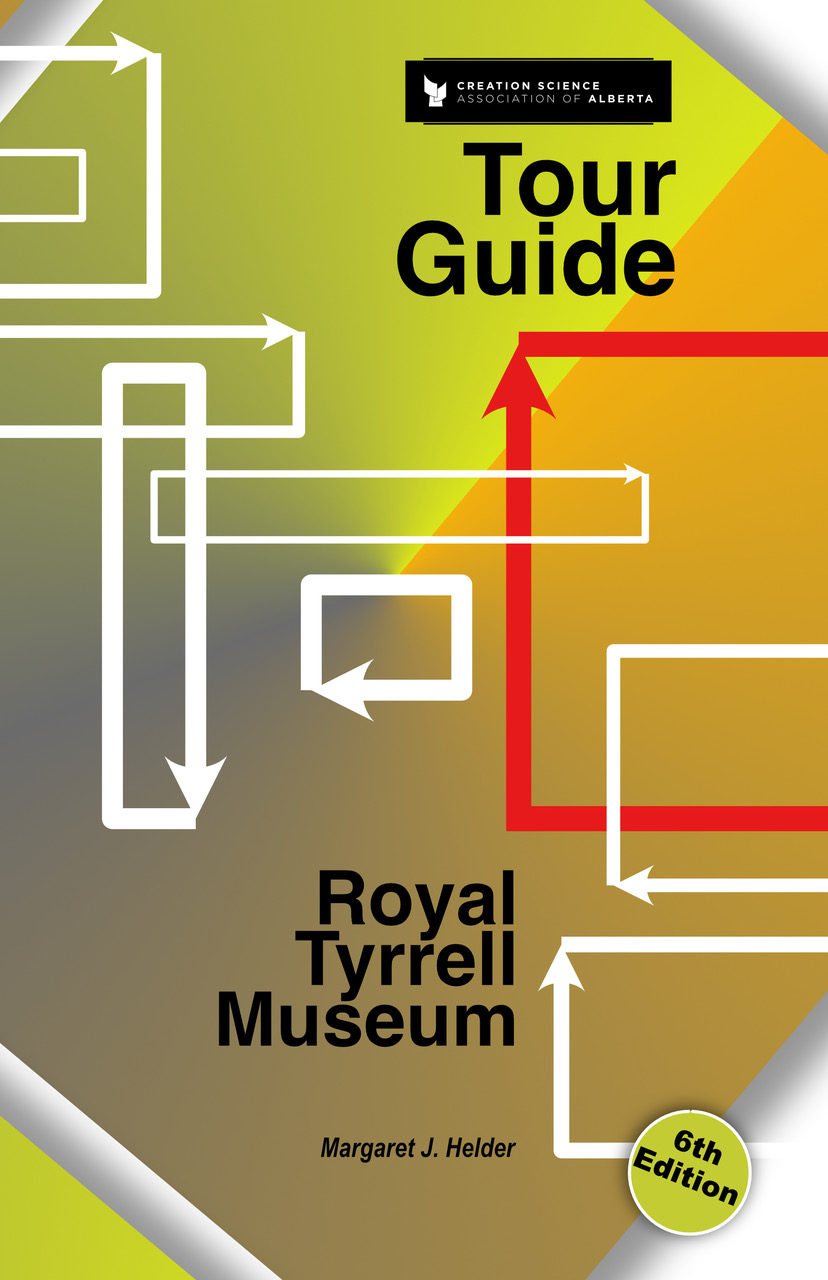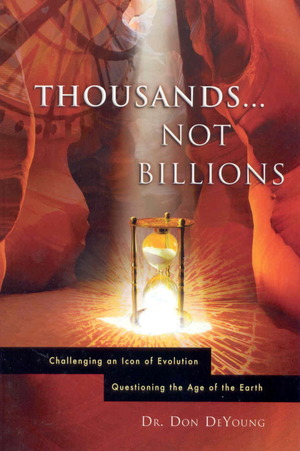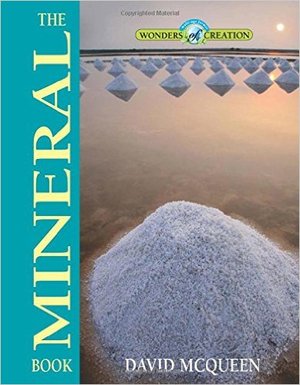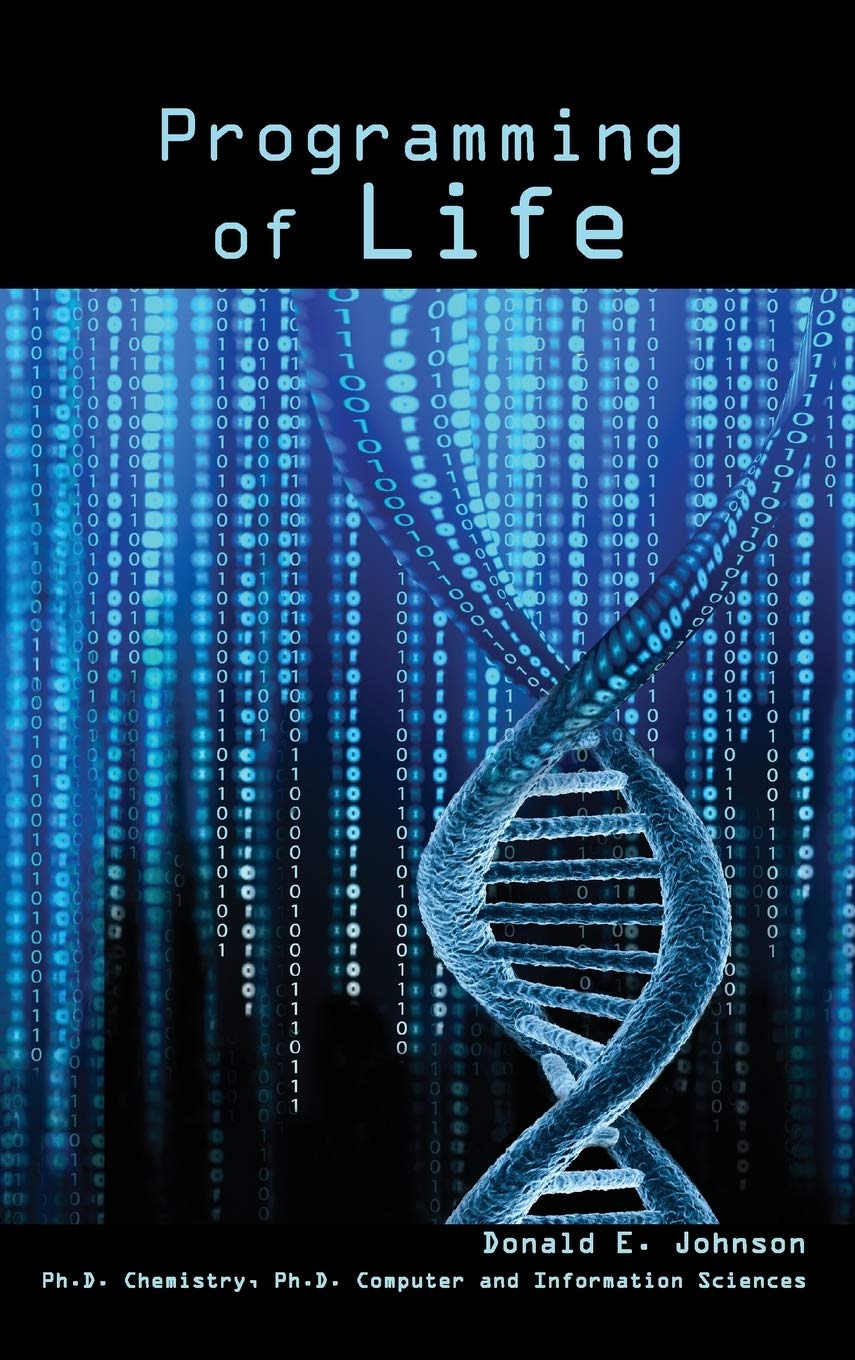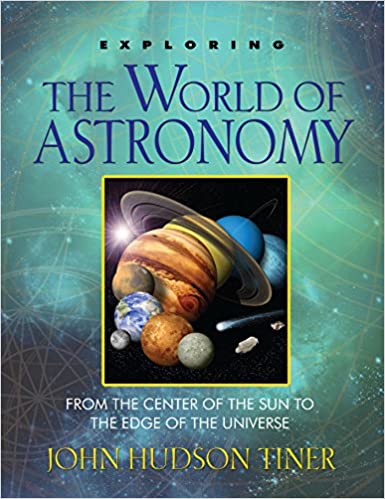I remember suggesting to one of my professors, when I was at university, that a certain course would be a waste of my time since I had already studied that topic. He suggested that there might be more to learn and he was right, of course. In fact, there is always more to learn on any topic. That is why we hear so much about life-long learning. We don’t want to atrophy (dry up) mentally or physically. It is important to keep developing our skills.
Naturally in everything we learn, we have to be cautious. We don’t want to plant desert-loving plants in a wet area of the garden, or do stretches the wrong way, nor do we want to acquiesce to wrong interpretations in science, or history or philosophy or whatever. This does not mean we stop reading! What it means is that we apply critical thinking skills to our various pursuits.
That reminds me of a recent science story. Some people may remember the excitement in the scientific world that was generated by the publication of the ENCODE II study of the human genome in 2012. An international consortium of hundreds of scientists had boldly published the statement that the human genome (the 3.2 nucleotides that make up the total DNA in the cell) was 80% or more functional. What they meant was that 80% or more of these billions of nucleotides provides information for the production of materials or processes that are important to the success of the cell. A lot of scientists were very annoyed about this statement because they had been insisting that the cell was full of junk DNA left over from a long evolutionary process. Junk DNA and functional DNA were ideas that contradicted each other.
Many scientists were not interested in critically evaluating their evolutionary views in light of the new data. Recently however the ENCODE consortium has published an update. The results of ENCODE III are a confirmation and expansion of their previous results. So, if one wants the rest of the story about junk DNA see https://crev.info/2020/11/encode-iii-junk-dna/
The point is that we must be critical consumers of information. Are the interpretations based on dubious assumptions, or conclusions that go beyond the data, or are they something that one might provisionally keep in mind as reasonable. The book No Christian Silence on Science provides an in-depth approach to critically evaluating scientific claims. And there is a new advocate on the scene, Patricia Engler of Answers in Genesis Canada. She has a blog called CT Scan [Critical Thinking Scan]. See her recent excellent discussion on evolutionary trees. answersingenesis.org/blogs/patricia-engler/2020/11/04/evolutionary-tree-diagrams-part9/
Moxie
December 2020
Subscribe to Dialogue



